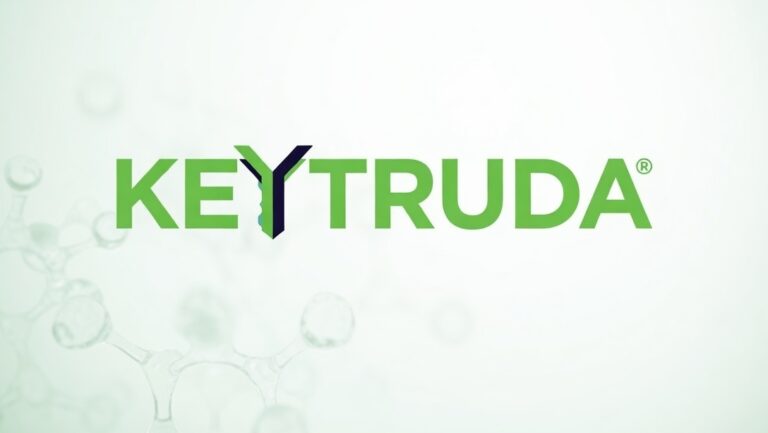
Optum Rx to Modernize Pharmacy Payment Models
Rising drug prices set by pharmaceutical manufacturers are placing significant financial strain on pharmacies across the United States. As the cost of prescription drugs increases, many pharmacies struggle to maintain high-quality patient care. To address these challenges, Optum Rx is implementing new payment models that align reimbursements more closely with actual pharmacy costs. This transition will begin immediately, with full implementation expected by January 2028. The updated model is designed to positively impact Optum Rx’s non-affiliated network pharmacies, including over 24,000 independent community pharmacies. The cost-based approach will also enhance affordability for consumers, ensuring a more sustainable pharmaceutical ecosystem.
Addressing Industry-Wide Imbalances
The current reimbursement model, originally designed to encourage the use of generic drugs, has become outdated as the market has shifted toward high-cost branded medications. While generic drug adoption remains strong, the rising costs of brand-name drugs are creating financial pressures on pharmacies. By restructuring payment models, Optum Rx aims to provide pharmacies with the financial support necessary to stock a wider variety of medications, reducing shortages and improving patient access to essential treatments. This move also seeks to create a better overall experience for consumers by stabilizing pharmacy operations.
Patrick Conway, M.D., chief executive officer of Optum Rx, highlighted the importance of this initiative, stating, “Pharmacies and pharmacists provide essential care to patients, and we recognize that increasing drug prices make it difficult for them to afford necessary medications, particularly for independent and community pharmacies. This change will help correct reimbursement imbalances for brand and generic drugs and ensure better access to medicines nationwide.”
Collaboration with Independent Pharmacies
Optum Rx is partnering with key industry stakeholders to implement these changes effectively. One such collaboration is with Epic Pharmacy Network, Inc. (EPN), a Pharmacy Services Administrative Organization representing more than 1,000 independent pharmacies across the country. EPN has expressed strong support for Optum Rx’s transition to a cost-based reimbursement model.

Bretta Grinsteinner of EPN emphasized the significance of this shift, stating, “Our pharmacists are crucial partners in patient care and often serve as the most consistent healthcare providers in their communities. This move by Optum Rx represents a significant step toward improving the reimbursement landscape for pharmacies struggling with rising medication costs. EPN is committed to working alongside Optum Rx to address systemic reimbursement issues.”
Enhancing Transparency and Aligning with Client Interests
In parallel with these changes, Optum Rx is also modifying its arrangements with employer and health plan customers to ensure greater transparency and better alignment with actual drug costs. These adjustments are already underway, with the goal of completing the transition by January 1, 2028. This initiative builds upon Optum Rx’s recent commitment to pass through 100% of negotiated drug rebate discounts to clients by the same date. By implementing these measures, Optum Rx aims to become the first fully transparent pharmacy services provider, ensuring that cost savings benefit both clients and consumers.
Supporting Pharmacies Across the U.S.
Optum Rx has been working to ensure pharmacies receive fair compensation while reducing operational inefficiencies and administrative burdens. By easing financial pressures, these efforts allow pharmacies to focus more on patient care. Key initiatives include:
- Reimbursing pharmacists for social care services – Pharmacists play a vital role in connecting underserved patients with essential services, including food, nutrition, transportation, housing, and baby supplies. Special attention is given to maternal wellness and healthcare access in urban and rural areas with limited pharmacy availability.
- Supporting independent pharmacists with additional compensation – Optum Rx is increasing payments for value-added services such as patient counseling and medication management, which improve treatment adherence and health outcomes.
- Enhancing digital tools for pharmacies – The introduction of advanced digital solutions will provide easier access to claims and payment data, streamline administrative tasks, and optimize revenue management.
- Eliminating retroactive recoupments (clawbacks) – Optum Rx is removing the practice of retroactive payment adjustments, providing greater financial stability for pharmacies.
- Leveraging predictive analytics to improve efficiency – Advanced analytical tools will help pharmacies reduce administrative burdens, allowing them to devote more time to direct patient care.
The Future of Pharmacy Payment Models
By restructuring its reimbursement system, Optum Rx is leading the industry toward a more equitable and sustainable pharmacy payment model. The shift not only ensures fair compensation for pharmacies but also improves patient access to medications, mitigates drug shortages, and enhances the overall healthcare experience. With the full transition set for January 2028, these changes represent a long-term commitment to transparency, affordability, and improved pharmacy operations.
As the pharmaceutical landscape continues to evolve, Optum Rx’s innovative approach sets a precedent for future industry practices, ensuring a more balanced system that benefits pharmacies, consumers, and the healthcare sector as a whole.





